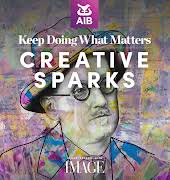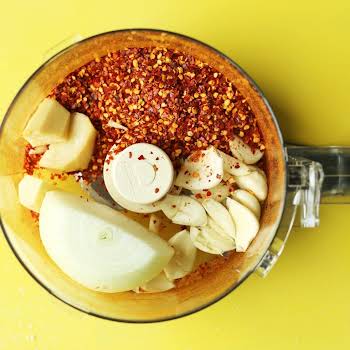
By Jennifer McShane
10th Apr 2016
10th Apr 2016
If you’re feeling nervous or particularly anxious, the last thing you need is someone saying the words “calm down,” as more often than not, these words amplify your unease, and they rarely help the situation. According to research in The Atlantic,?the research shows that we are likely getting this backward – instead of attempting to calm your nerves, it may be better to keep them revved up. The trick, it seems, is to change the way you conceptualise the feeling.
You can do this by using a technique called ‘Anxiety Reappraisal,’ and it boils down to telling yourself that you feel excited whenever you feel nervous and saying three words: “I am excited.”
Olga Khazan recently explored this theory, using the research of Alison Wood Brooks, a professor at Harvard Business School who has analysed the effects of reframing nervousness as excitement.
Brooks found evidence for in a series of experiments, in which all participants were asked to do things they deemed anxious or terrifying: public speaking, karaoke and math (a lesser evil perhaps). In each of these trials, she found that when the participants reframed their jitters as excitement, and not anxiety, their performance improved.
Here’s how the theory works: It’s because anxiety and excitement are both “aroused” emotions. In both, the heart beats faster, cortisol surges and the body prepares for action. In other words, they’re an ?arousal congruent.? The only difference is that excitement is a positive emotion? focused on all the ways something could go well.
Calmness is also positive, meanwhile, but it’s deemed a suppressing emotion. For most, it takes less effort for the brain to jump from charged-up to positive than it would to get from charged-up and negative. In other words, it’s easier to convince yourself to be excited than calm when you’re anxious, so if you can master this switch, it may help you turn a worrying scenario into a positive one.
Brooks explained that the excitement trick works when it comes to improving performance because it takes you out of ?threat mindset? and puts you in ?opportunity mindset?. You stop catastrophising and fixating on potential failure, and instead focus on positive outcomes and feel upbeat.
She also recommends making a list of all the ways an upcoming, anxiety-inducing task could go well, and how it might benefit you. How will that change your life for the better etc.?
It’s definitely worth a try.
Via The Atlantic























